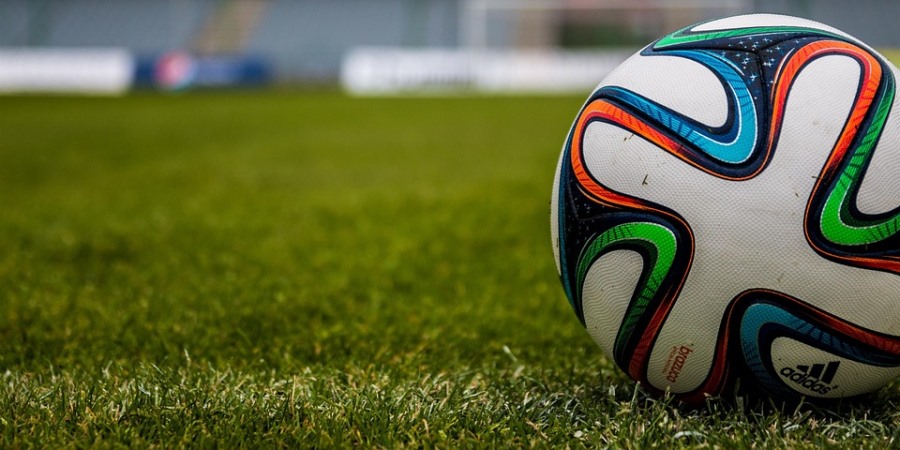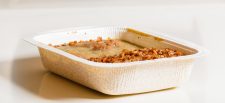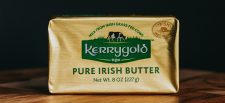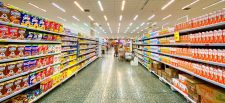England’s success during the football World Cup caused food sales to grow at supermarkets across the UK with the number of those shopping for food on-the-go rising.
This rose from 13% at the start of the tournament to 19% in the week of the semi-finals which then decreased to 10% following the defeat of the England team.
Looking at June specifically, Helen Dickinson OBE, chief executive of the British Retail Consortium, commented: “Beer, barbeques and big TVs lifted June’s sales as warm weather and world cup fever gripped the nation.
“However, with consumers engrossed in the agony and ecstasy of each match, spending on many other items fell. In the end, June scored solid, but not sensational, sales.”
Paul Martin, head of retail at KPMG, added: “Sales growth remained in positive territory for the second month running at 2.3%, but as the recent financials of key players’ highlights, sales growth and profitability don’t always go hand-in-hand.
“Grocers benefitted from the brighter weather and of course the World Cup, with barbeques and picnics firmly on the menu.”
Shoppers’ financial outlook saw a significant lift coinciding with the recent World Cup festivities, according to the latest ShopperVista data from IGD.
In addition to a change in outlook, IGD’s research identified a difference in shopping behaviours with more shoppers seeking out food-to-go options during the World Cup.
With eating on-the-go said to be rising in popularity during the World Cup period, IGD’s research also identified an increase in those who prefer to buy prepared meals or to eat out over cooking from scratch, with this preference being strongest during the week of the semi-finals.
Commenting on the change in attitudes and shopping behaviours during this period, Rhian Thomas, head of shopper insight at IGD, said: “We can see that financial outlook for shoppers has been influenced, suggesting that, while an event such as this doesn’t necessarily have a direct impact on shopper finances, it can inspire a lift in attitudes and behaviours in general.”
Data from Kantar Worldpanel predicted the World Cup quarter final alone could have generated £860 million of grocery sales.
Speaking ahead of the festivities, Matt Botham, strategic insight director at Kantar Worldpanel, advised retailers to: “make sure they’re prepared for the extra footfall on a stock and staffing level – long queues and empty shelves just before kick-off are unlikely to go down well with shoppers.”
Returning to IGD’s findings, Thomas concluded: “World Cup fever took hold of food and grocery businesses with a number of in-store activities taking place across the UK.”









